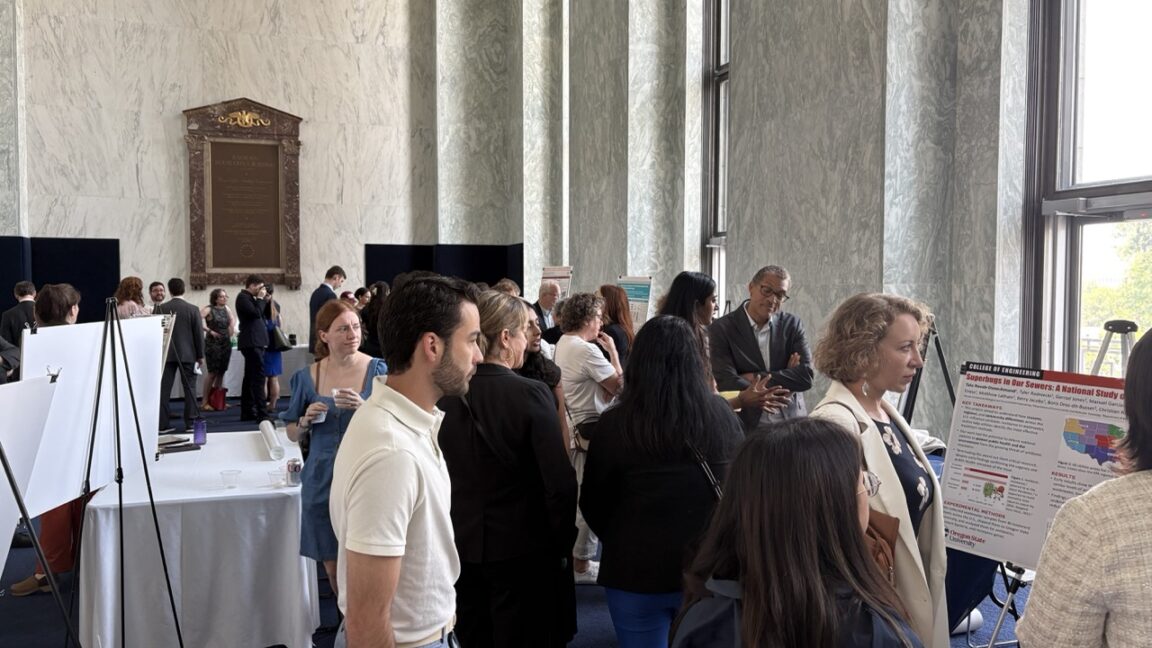In their rush to terminate grants, each agency settled on a single form letter that told researchers that their work was being defunded because it no longer reflected agency priorities. A number of said researchers surmised that they lost their support because, at the time the grant was initially funded, many federal agencies required attempts to, as the National Science Foundation termed it, “broaden participation.” This left them at risk of falling afoul of the new administration’s anti-DEI efforts.
A few of them planned to eliminate the language they suspect offended DOGE and send in a new grant request. But, given the lack of details in the termination letters, all of them would have to guess as to the problem. And at least one said that the entire program that had funded her grant had since been eliminated, so this wasn’t even an option.
Many of the grants were focused on STEM education, and it’s extremely difficult to imagine that people will be better off without the work happening. One involved figuring out how to better incorporate instruction in quantum mechanics into high school and college education, rather than limiting this increasingly important topic to a handful of physics specialists. Another was focused on trying to help engineers communicate better with the communities that would ultimately use the things they were designing (she cited Google Glass and the Segway as examples of the problems that result when this doesn’t happen).
A large multi-university collaboration had put together a program to help deaf students navigate careers in science, providing support at the undergraduate, graduate, and post-doctoral levels. The effort received multiple grants from different sources, but a number were part of a diversifying science effort, and all of those have been cut.
For a couple of the researchers present, the damage being done to the educational pipeline was personal: they had received prestigious grants that are intended to ease the transition between post-doctoral training and starting a faculty job. This funding helps them stay in a post-doctoral position long enough to develop a solid research program, then partially funds the process of starting up a lab to pursue that program. But for these researchers, the rug had been pulled out from under them partway through the process—funding that was cut even though (in one case) they were simply studying the regeneration of the retina in an experimental organism.

